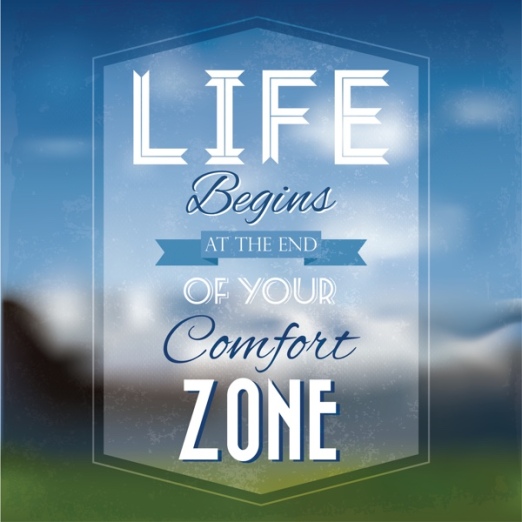1. Decide on three things you want to achieve this year
Deciding on just a few things you’d like to change is a better way to succeed than having a list of items that you know deep down you are not going to stick with. Give some thought to three areas of your life that you feel like improving and then imagine the finished results and use the tools section to help welcome them in.
2. Don’t give anything up!
Giving things up is stressful. Instead takes things on. If you want to quit smoking, instead say I’m changing to experience what it is like to be a non smoker – and do it just for the day. One day at a time.
3. Every morning ask yourself – what do I want to achieve today?
Having one goal every day, no matter how small, that you accomplish helps to create a sense of accomplishment and is also energising. There is nothing as tiring as the continual nagging at the back of your mind of “I must..” See next point..
4. Eliminate “I should”, “I could”, “I must” and “I need” from your vocabulary
These are downers! I followed by: Should, could, would, must and need, creates a feeling of lack.
Not only that, but they are also words of postponement. Anything that should, could, need or must happen are by definition not happening and are almost always followed by ‘if’ ‘if only’, ‘if I had’ etc. This creates a stressful feeling which makes it even harder to be in the right place to actually bring in what it is you do want to achieve or change.
5. Review your day just before you go to sleep.
Ask your self, what am I grateful for today? What did I learn today? What did I achieve today? Don’t focus on what didn’t happen. Instead look at what did happen and have gratitude for another day of experiences and learning.
6. Face setbacks with a positive mindset – whatever happens find three reasons why it could be a good thing.
Whatever happens, no matter how bad, it always brings a learning. Ask yourself when something bad happens to immediately find three reasons why this could also be a good thing. This does not meant that the bad part is gone, but the nature of then mind is that once it can find the good side also, then it can’t hold on to the trauma or upset in quite the same way or it can learn to see it from a different perspective.
For example, a client was having a hard time dealing with a deep unresolved grief. Grief on the death of a loved one is normal and natural but when it becomes stuck and unresolved it begins to have a very negative and stressful impact. The idea of finding three reasons why her partner’s death could be a good thing was very difficult for my client but she tried. She found three reasons that made sense to her:
1. It ended his suffering
2. It made her appreciate her loved ones more and reminded her to treasure time spent with them
3. The deep grief was also a testament to their deep love and she was lucky to have experienced such love as not everyone does.
This didn’t mean that she no longer felt grief, but it created an opening where the feeling of grief instead became an acknowledgement of her love and she didn’t feel closed in any more by the feeling but instead felt her heart begin to open to life again.
7. Don’t let things get to YOU.
Many people right now are experiencing financial pressures and financial stresses or serious illnesses or loss of a loved one. These are all major life events, but when they begin to really close in and get to YOU – meaning your core self and ability to see a way forwards – then it is time to reach out and ask for help.
Fear is a crippling emotion and also stops the brain from seeing things in new ways. When you are overcome by fear and stress, it is very difficult to function and to think of solutions or new ways to approach a problem. Sometimes just even talking to someone and admitting that you feel afraid or that you aren’t coping is a huge relief and the first step to recovery.
8. Learn to harness the power of your own mind.
This is easier than it sounds and we have a very simple formula:
- As well as meditation, take up a regular visualisation practise. I really recommend Joe Dispenza’s guided meditation Body Parts – Space which teaches not only how to get to a place of inner stillness but which also shows you how to use that point of focus to create change in your life.
- Exercise regularly – just a walk in the fresh air every day can be enough
- Use a mind/body practise regularly such as Yoga, Qi Gong or Tai Chi.

